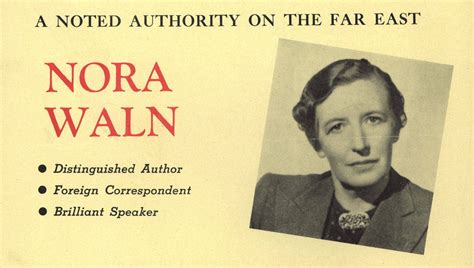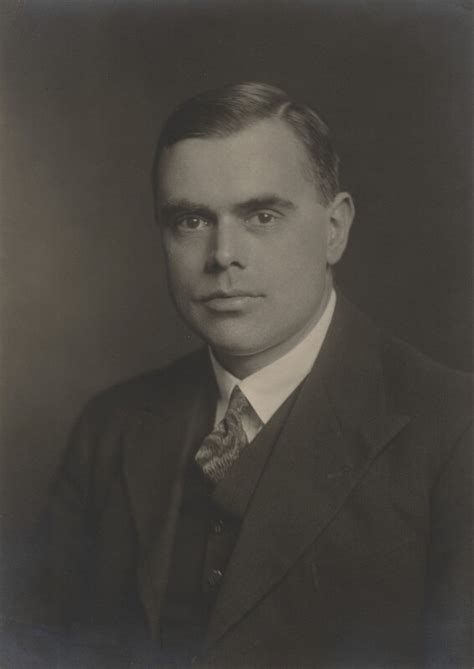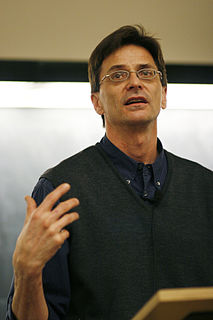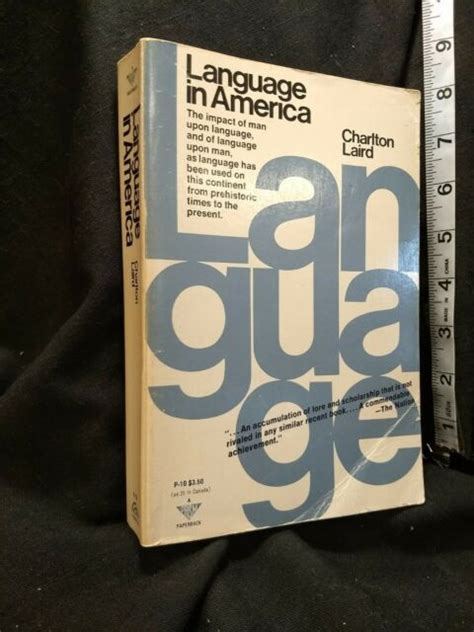A Quote by Nora Waln
Time in China has no immediacy as in America. Here I find the swift passage of our few earthly years accepted as naturally as the fall of flower and leaf. ... I hear and speak a language in which grammar has no tense. Both scholars and illiterates, in ordinary daily speech, tell an event of centuries ago as casually as an incident of the hour. Only as my knowledge has accumulated have I been able to know whether something related happened just then or in some past dynasty.
Quote Topics
Able
Accepted
America
Been
Both
Casually
Centuries
China
Daily
Dynasty
Earthly
Event
Fall
Few
Find
Flower
Grammar
Happened
Hear
Hour
Immediacy
Incident
Just
Know
Knowledge
Language
Leaf
Naturally
Only
Ordinary
Our
Passage
Past
Related
Scholars
Some
Something
Speak
Speech
Swift
Tell
Tense
Then
Time
Whether
Which
Years
Related Quotes
Perhaps the most surprising thing about mathematics is that it is so surprising. The rules which we make up at the beginning seem ordinary and inevitable, but it is impossible to foresee their consequences. These have only been found out by long study, extending over many centuries. Much of our knowledge is due to a comparatively few great mathematicians such as Newton, Euler, Gauss, or Riemann; few careers can have been more satisfying than theirs. They have contributed something to human thought even more lasting than great literature, since it is independent of language.
The past is a curious thing. It's with you all the time. I suppose an hour never passes without your thinking of things that happened ten or twenty years ago, and yet most of the time it's got no reality, it's just a set of facts that you've learned, like a lot of stuff in a history book. Then some chance sight or sound or smell, especially smell, sets you going, and the past doesn't merely come back to you, you're actually IN the past. It was like that at this moment.
I developed a long time ago some habits. One of them is what I call "divert daily, withdraw weekly, and abandon annually." Divert daily is everyday you do something that's not work-related. You do something that relaxes you. Then you withdraw weekly. The Bible says every seven days you take a day off. And then abandon annually means you just go out and forget it all.
At some point during almost every romantic comedy, the female lead suddenly trips and falls, stumbling helplessly over something ridiculous like a leaf, and then some Matthew McConaughey type either whips around the corner just in the nick of time to save her or is clumsily pulled down along with her. That event predictably leads to the magical moment of their first kiss. Please. I fall ALL the time. You know who comes and gets me? The bouncer.
The accumulated knowledge of materials, computing, electromagnetism, product design, and all the rest that we've learned over the last several centuries converts a few ounces of raw materials worth mere pennies into a device with more computing power than the entire planet possessed fifty years ago.
when Christian theology becomes traditionalism and men fail to hold and use it as they do a living language, it becomes an obstacle, not a help to religious conviction. To the greatest of the early Fathers and the great scholastics theology was a language which, like all language, had a grammar and a vocabulary from the past, but which they used to express all the knowledge and experience of their own time as well.
By a generative grammar I mean simply a system of rules that in some explicit and well-defined way assigns structural descriptions to sentences. Obviously, every speaker of a language has mastered and internalized a generative grammar that expresses his knowledge of his language. This is not to say that he is aware of the rules of the grammar or even that he can become aware of them, or that his statements about his intuitive knowledge of the language are necessarily accurate.



































